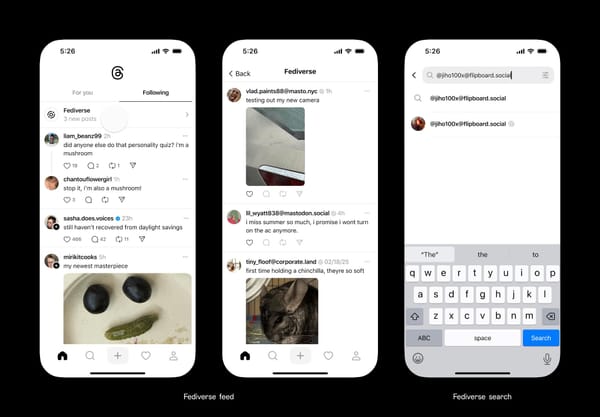Google has a search monopoly, judge rules
Europe never found a remedy that increased search competition. Will the United States fare any better?

Almost four years after the case was originally filed, and three months after both sides presented their closing arguments, the Department of Justice succeeded in making its case that Google illegally exploited its monopoly in search to eliminate competitors and smother innovation. In a 277-page ruling, Judge Amit P. Mehta found that the massive payments that Google makes to Apple, Mozilla, and other companies to be the default search engine on their devices and browsers represents an unfair restriction on competition.
“After having carefully considered and weighed the witness testimony and evidence, the court reaches the following conclusion: Google is a monopolist, and it has acted as one to maintain its monopoly,” Mehta wrote.
In his ruling, Mehta found that Google has an 89.2 percent share of search generally, and 94.9 percent of search overall. Google has used its monopoly to charge advertisers higher prices than they would in a more competitive market, he wrote.
"Google simply could not take this approach in a competitive market,” Mehta wrote. “In the competitive market … Google still could earn a profit from the sale of an ad, but it could not achieve the monopoly profits that it does presently in the absence of rivals."
Google said it would appeal the ruling. It sent me this statement from Kent Walker, the company’s president of global affairs (italics his):
“This decision recognizes that Google offers the best search engine, but concludes that we shouldn’t be allowed to make it easily available. We appreciate the Court’s finding that Google is “the industry’s highest quality search engine, which has earned Google the trust of hundreds of millions of daily users”, that Google “has long been the best search engine, particularly on mobile devices”, “has continued to innovate in search” and that “Apple and Mozilla occasionally assess Google’s search quality relative to its rivals and find Google’s to be superior.” Given this, and that people are increasingly looking for information in more and more ways, we plan to appeal. As this process continues, we will remain focused on making products that people find helpful and easy to use.”
The case now moves to a new phase, where Mehta will hear arguments about what remedy should be implemented to address the monopoly. But no major changes to the web are imminent; one law professor told the Associated Press that he expects the appeals process to take five years.
A similar antitrust ruling in the European Union resulted in users being presented with a so-called “ballot screen” requiring people to select a default search engine when setting up a new Android phone. The solution has a heads-I-win, tails-you-lose effect for Google, as the company is allowed to charge rival search engines for the right to be shown on the ballot screen. And in any case, it has had a negligible effect on the company’s market share in Europe.
Designing a remedy for the Department of Justice’s case will be more difficult. Can it change the default search engine on Apple’s devices, when Apple was not a party to the case? Or what about the Firefox browser? Mozilla isn’t a party to the case, either.
“There is no silver bullet,” said Kamyl Bazbaz, senior vice president of public affairs at search engine DuckDuckGo, when I asked what a good solution might look like. “Truly fixing the entrenched competitive imbalance that Google’s default advantage has afforded them will require a mixture of interventions. And we can't underscore this enough: the implementation details matter. That is the most clear from the EU, where there are some solutions that are promising, but Google has found it relatively easy to work around their implementations.”
For example, Bazbaz told me, an effective remedy might require that browsers or devices periodically ask users whether they want to try a different search engine. It might prevent Google from showing pop-ups asking users to switch back, as the company now does. Or the court might force Google to offer search APIs to rivals, allowing them to build complementary experiences in the hopes of driving innovation.
Ultimately, Bazbaz said, the court should consider setting up a monitoring body to ensure that Google is not able to get around the judge’s orders to give itself preferential treatment.
“Google will do anything it can to get in the way of progress,” Bazbaz said, “which is why we hope to see a robust remedies trial that can really dig into all the details, propose an array of remedies that will actually work, and set up a monitoring body to administer them.”
Luther Lowe, the head of public policy at Y Combinator, told me that the DOJ might advocate that Google sell off one or more of its businesses.
"I imagine the DOJ will argue Google should be broken up, and may take particular interest in Google's ability to parlay its dominance into AI," said Lowe, who fought for an antitrust ruling against Google for a decade in his previous job leading policy at Yelp.
Whatever happens next, Mehta’s ruling has a monumental feel. It’s the first major antitrust win against a tech company from the federal government in a quarter century. And it suggests that Google is in for an even worse time this fall when the much stronger (in my view) antitrust case against its advertising business begins next month.





